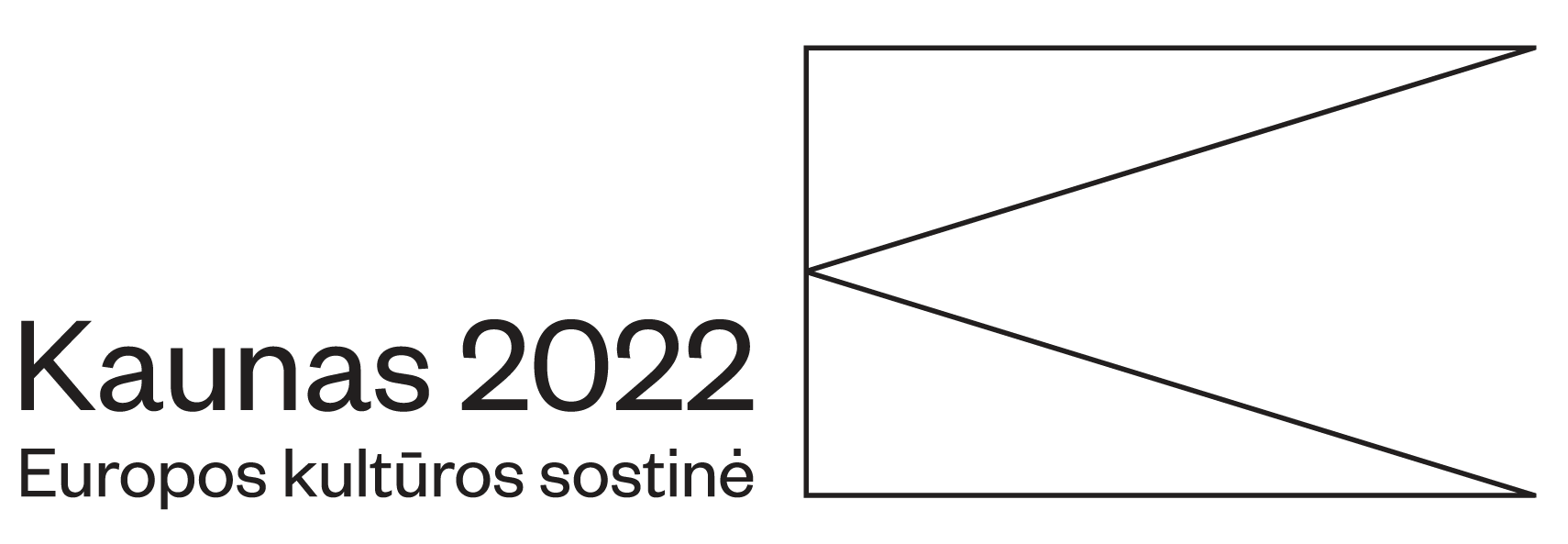
A resident of Lithuania since 2001, the award-winning photographer and curator Richard Schofield moved to Kaunas in September 2013. A graduate of the University of the Arts London who has founded the International Centre for Litvak Photography in Kaunas and was nominated for the 2014 Sugihara Foundation Citizen of Tolerance Award tells the inconvenient stories of the city and how Kaunas could have a centre of creativity, memory, and education.
It was 15 years ago that you came to Lithuania for the first time. Why did you choose this country and why did you stay here?
Lithuania chose me. In the late ’90s, I lived in Cuba, and I was a documentary maker. One time in Romania, looking for the material for my documentary I went to a pub. It was the October of 1999. I was with a person who was working for a Lithuanian company at that time. We had a joke that I should write something about Cuba. For the sake of the joke, I did it and sent it to the guy, and he sent it to his employers. They called me and offered a job. That’s how I came to Lithuania.
It has been some time already that you live in Kaunas. You have implemented several projects here, and now, you have some plans for Žemieji Šančiai too. Tell us more about your future projects.
It has been almost three years that I live in Kaunas. Last year I founded an NGO, the International Centre for Litvak Photography. We implemented several projects, however, the biggest one is behind me. This is Šančiai Synagogue that was built in 1932. At the moment, it stays vacant. It’s a state property, and it is crumbling. We are trying to purchase it and turn into a community centre. It will become a space for contemporary exhibitions, concerts, and so on. Our objective is to involve the community, therefore, we will invite the local people to various activities there.
How is the attempt to buy the synagogue proceeding?
It’s slow, as everything in Lithuania. However, we have an overall support of the Department of Cultural Heritage of Lithuanian and Kaunas territorial department. We are also working with the Šančiai community to have their support. It is very likely that we will be able to purchase it. Currently, Kaunas is in the heat of the dispute about memorial places. It is a great opportunity for us to present our arguments and initiate cultural projects.
We have heard that you are preparing for several events at the moment.
To commemorate the 75 th Anniversary of the Kaunas Ghetto, on 17 – 23 September we will open an exhibition in the aforementioned synagogue (Sodų g. 36, Kaunas) where we will hear a piece of electronic music “Kaunas Requiem“. The 75-year-long soundtrack was composed by a Ukrainian composer Anton Degtiariov. The inspiration for this project came from Litvak family pictures that were accidentally found and preserved by smuggling them out of the Kaunas Ghetto back in 1944. The documents that were found among these pictures showed family’s connection to the USA and music. Therefore, I wanted to pay homage to them with a musical project. I want to invite Kaunas residents to the event in Kaunas Cultural Centre “Tautos namai“ on 23 rd September, 7 – 9 p.m. for the name reading of the killed Kaunas Jews.
(Visit www.litvakphoto.org for more information about all the events for six days.)
You are the founder of the International Centre for Litvak Photography. What is the purpose of this centre?
Our aim is a remembrance. Our main activities embrace releasing and inclusion. It means that many cultures are important. Inclusion is inherent to a community. Therefore, we work a lot with young people.
In the majority of your projects, you explore the subject of the inconvenient history of various European cities. Why is it important to talk about painful and controversial periods of our history?
Regardless of whether history is convenient or not, it is important to talk about it. The history of Litvaks is 700 years old, and a significant part of it is quite good. From 1940 to 1944, almost a quarter of city residents were killed in Kaunas: 40 000 people. However, it is not discussed. We should start talking about this.
In your opinion, how Kaunas and its outskirts are unique?
Kaunas history is quite unique. Diversity also matters very much. The Soviet era was one of the greatest city tragedies that damaged a lot of things. However, Kaunas is becoming a multicultural city once again. Universities accept more and more students from abroad.
Standing to become European Capital of Culture in 2022, where does Kaunas strength or potential lie?
The city’s strength lies in its history and infrastructure: both because of the number of cultural institutions and the airport. Kaunas is a convenient city where everything is within the reach of a hand. Numerous vacant buildings are waiting to become the huge cultural and business centres. People are quite friendly too. I need to wear a jacket in August, but overall, this is a great place.
Video: Marius Paplauskas

